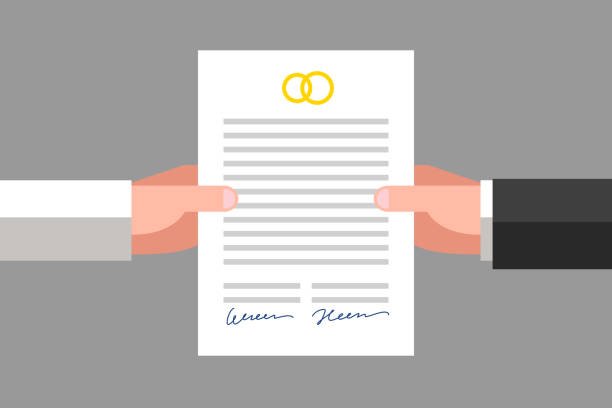The best lawyers have good websites.
One of the factors we consider when reviewing and rating the best lawyers, law firms, Procurators, Mediators and Notaries, is their website. A good website should have a great look, be reliable and functional, and be easy to navigate. A website is a ‘24/7 online shop’ and therefore must have essential features to help drive clients to a site.
First impressions count in the digital world. It takes about 50 milliseconds (or 0.05 seconds) to make a good first impression. If website visitors cannot find what they are looking for quickly and easily, or think you are unable to provide the legal services they need, then visiting your competitor is just one click away.
Did you know – 38% of people will stop engaging with a website if the content or layout is unattractive.
Probably the most important page of any website is the Homepage. A homepage is the ‘welcome mat’ to your business and the first introduction each visitor will have to a business. A good homepage should:
- Communicates quickly and succinctly exactly what you do and the benefits you bring
- Grab the visitors attention with eye-catching images
- Provides an overview of services
- Encourages your visitor to take the next action
- Help visitors to find answers to the questions they have
- Provides a simple and effective way to contact you
- Be easy to read and uncluttered
Other essential features of a good website are:
- You should tell clients about you and your firm. Add some character and personality to your firm. Tell them why you are the best lawyers.
- Have biographies of your Lawyers, Notaries, Mediators or Procurators – People want to know who they are dealing with.
- Tell clients about your practice areas – In these pages you should provide more detail about your services. Each of these practice areas should have a dedicated page, which should go into detail about the services you provide.
- A Blog – Have pages on your website that demonstrate your expertise and provide answers to visitor questions.
- A Contact Us page – Your contact details should be prominent on every page of your site. However, also include a separate Contact Us page that includes all the necessary details in one place.
- A Call to Action – For many law firms their call to action is ‘Request a consultation’. In this case, create a dedicated page setting out clearly how a client can meet with you and the cost of the meeting.
- Reviews and testimonials – Testimonials from previous clients are a great way to prove you offer a great client experience.
- Frequently asked questions – Legal matters raise a lot of questions for people from outside the profession. What may seem obvious to you will not be obvious to prospective clients. Answer the most commonly asked questions.
- Consider your target audience – If you are trying to attract international clients, make sure your website is multilingual.
Websites have become essential to business today. Your website serves as a window into your company, thus it needs to exude trust and credibility. Failure to do so, and you run the high risk of handing your potential clients over to your competitors who have better designed websites.
For more information on the subject, have a look at this interesting article from Forbes: Law firm website design best practices & examples – https://www.forbes.com/advisor/business/software/law-firm-website-design/










